|

Horizon: To Infinity and Beyond. Steven Berkoff presents this
Horizon documentary on numbers, including a googol which is a 1 followed by 100 zeroes.
I liked the children being asked what is the biggest number- answer: 120.
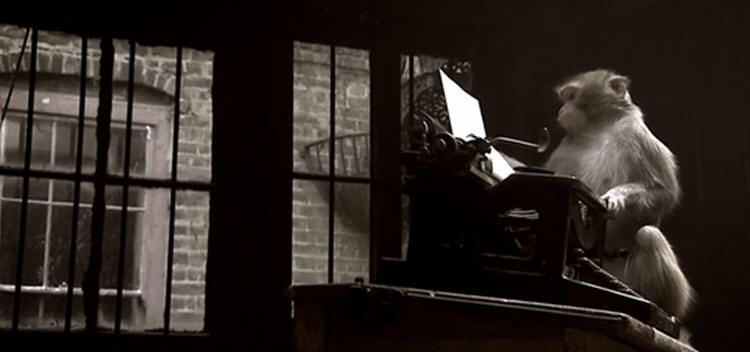
An infinite number of monkeys will
eventually produce Shakespeare's plays- they could only afford one
monkey.
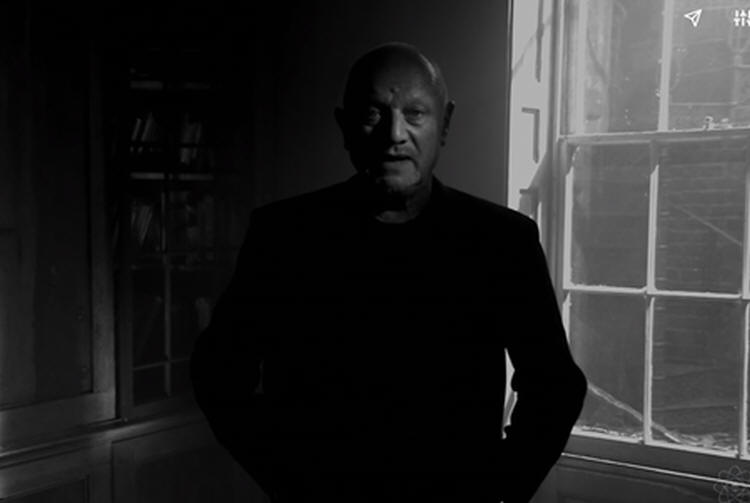
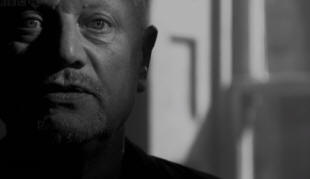
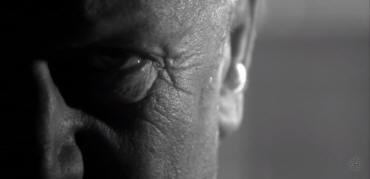
Berkoff appears in arty black and white with shadows, and sometime his voice is echoed.
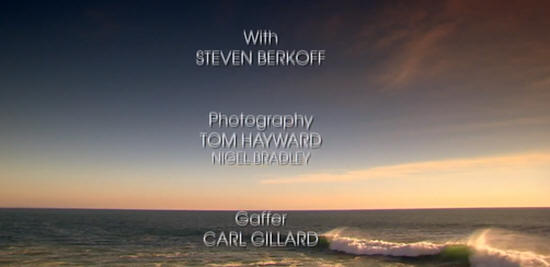
All images from the film.
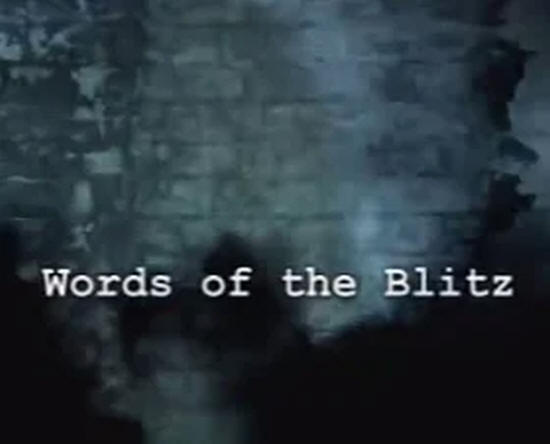
A documentary, Words of the
Blitz from 2010 directed by Paul Copeland. Steven Berkoff and fellow actors Dominic West, Romola Garai, Sheila Hancock, Russell Tovey,
Alex Jennings, Joseph Beattie read from diaries and letters
who were in the blitz in the second world war.
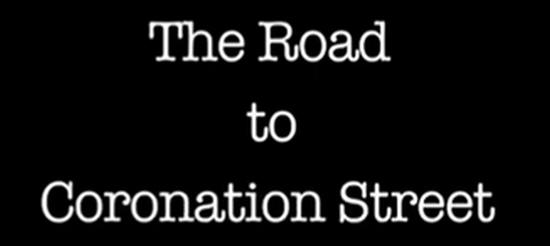
Corrie: The Road to Coronation Street- Coronation Street,
nicknamed Corrie, is the world's longest-running TV soap opera currently in production, having started in
1960 and still going bold. It is directed by Charles Sturridge in 2010.
The Cinematographer is Tim Palmer and the editor is Adam Green. The writer
is Daran Little who also wrote more than 100 of the Coronation Street episodes.
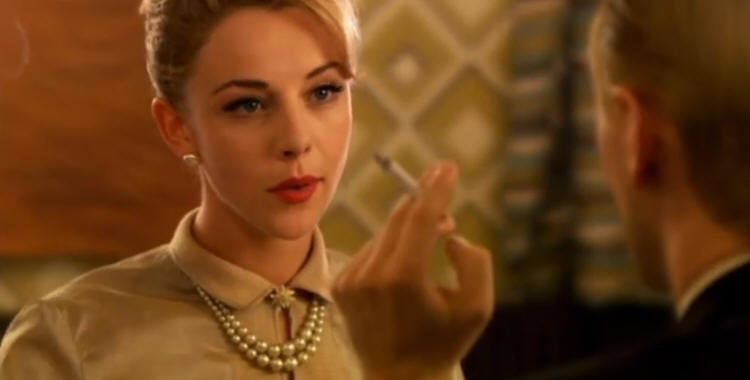
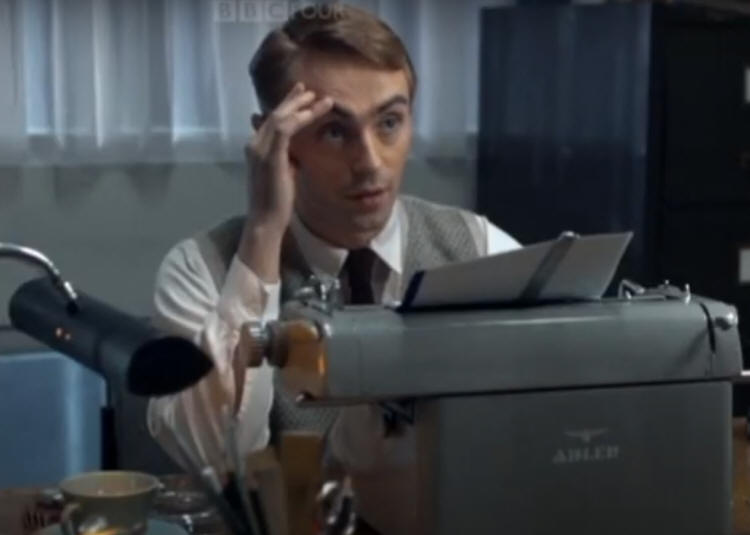
The struggle to get the show started.
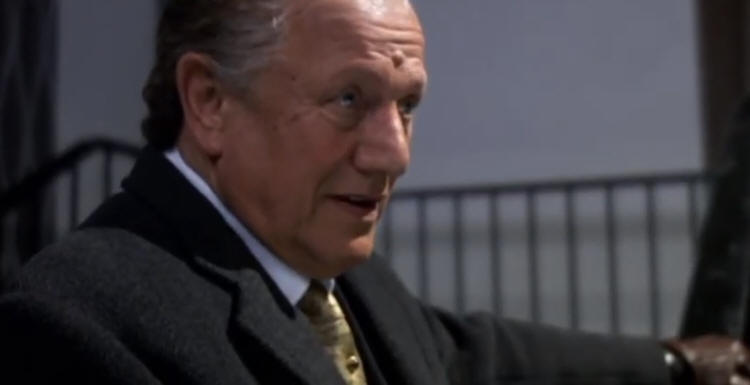
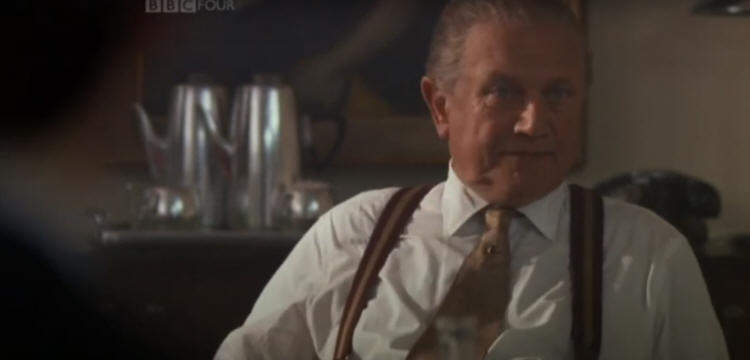
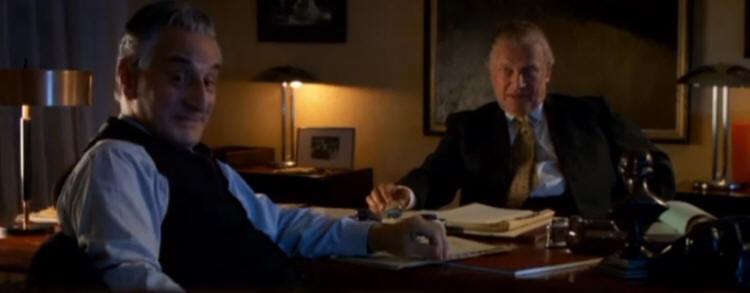
Steven Berkoff plays Sidney Bernstein, the
head of Granada Television who has to be convinced the series is worth
doing. Berkoff is convincing in the role.
"a beautifully crafted love letter to the past by former Street
archivist and writer Daran Little, which ends just as Britain's first
TV soap opera begins" (Ian Wylie, The Guardian, 16 Sep 2010).
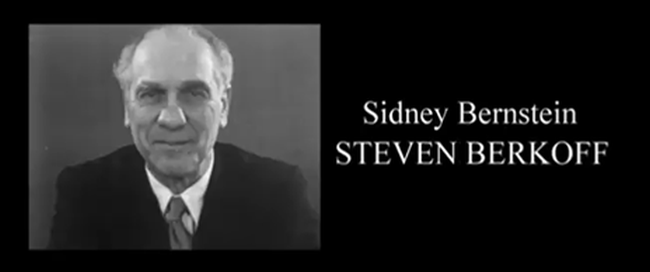
The real Sidney Berstein.
All images from the film.
The Borgias
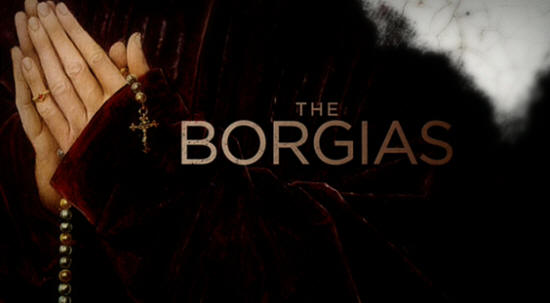
The Borgias, Neil Jordan's series on
"The Original Crime Family" with a prime British cast, Jeremy Irons as lead Borgia
Pope Alexander VI and in the first episode Derek Jacobi, from 2011-2013.
The Borgias were "a powerful family in Renaissance Italy. Despite the fact that
they produced two Popes, their name has become associated with all kinds of dark deeds" (from history revealed
here). The Borgias, who were Spanish, have massive might, but so
do competing powers such as the Sforzas,
Steven Berkoff plays the priest Savonarola, the same role he played in A Season of
Giants from 1991. He appears in series 1 from 2011 in the episodes Death
on a Pale Horse and The Borgias in Love (both directed by Jeremy
Podeswa) and Lucrezia's Wedding (Simon Cellan Jones) and series 2 from
2012 in the episodes The Confession and World of Wonders (both by
David Leland,) The Siege at Forli and The Choice (both by Kari
Skogland) and Day of Ashes (John Maybury). He is introduced giving a hell-fire sermon about the evils of the Borgias.
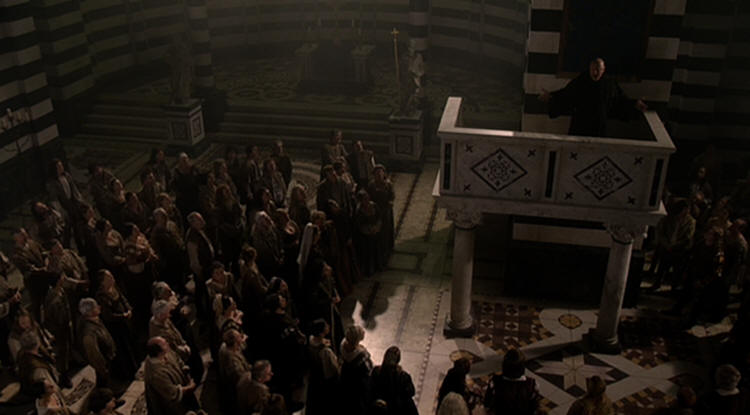
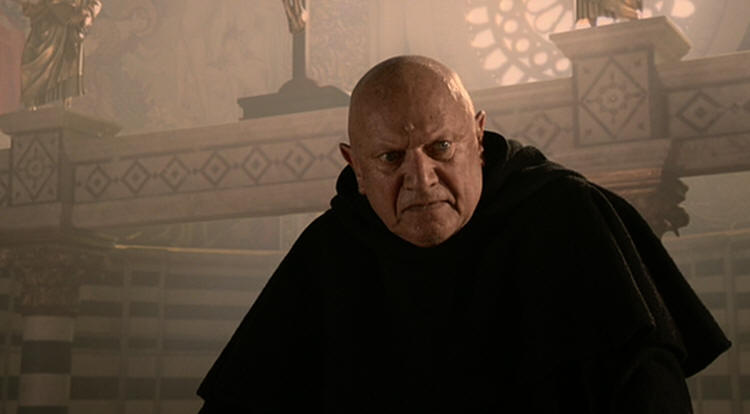
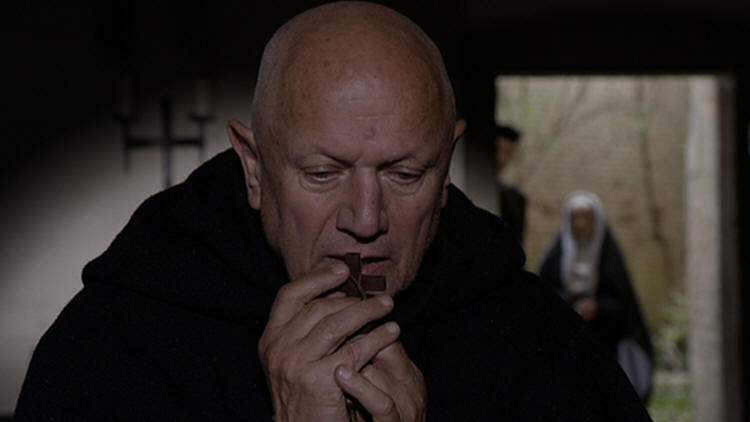
The series has a good cast, powerful scripts and
classy photography by cinematographer Paul Sarossy such as the duel in the vaults...
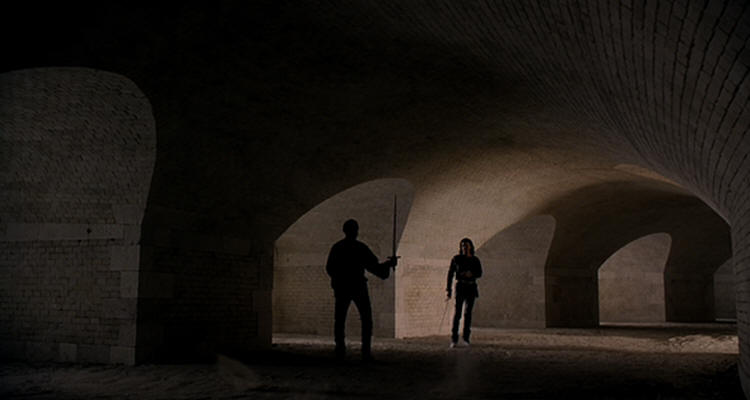
...or the Pope and his cardinals filmed from above.
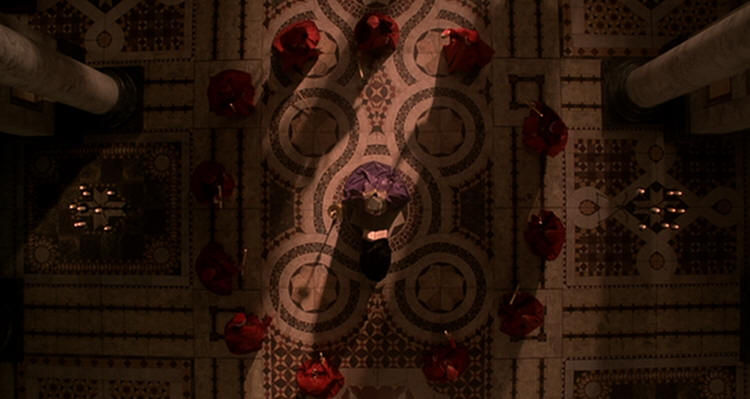
And a large number of extras (actual
people and realistic CGI) used well, such as the French army marching
through Italy and threatening Rome with pillage and destruction.
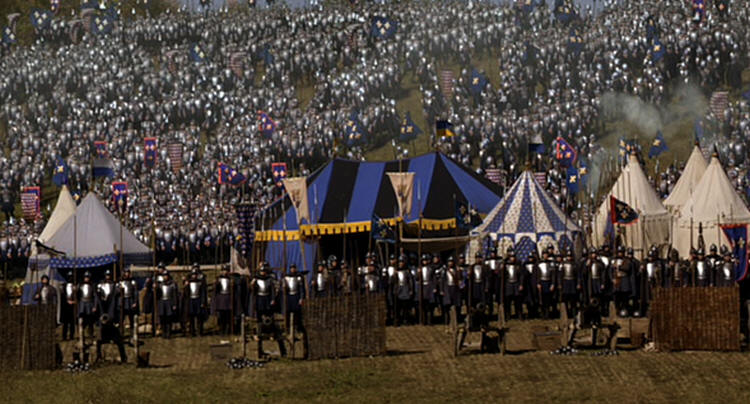
Pope Alexander VI (Jeremy Irons) has to
face opposition from other powerful families the Medicis and the
Sforzas, as well as handling his family including a mistress and
children, the invading French army, and the rising power of Savonarola
(Berkoff).
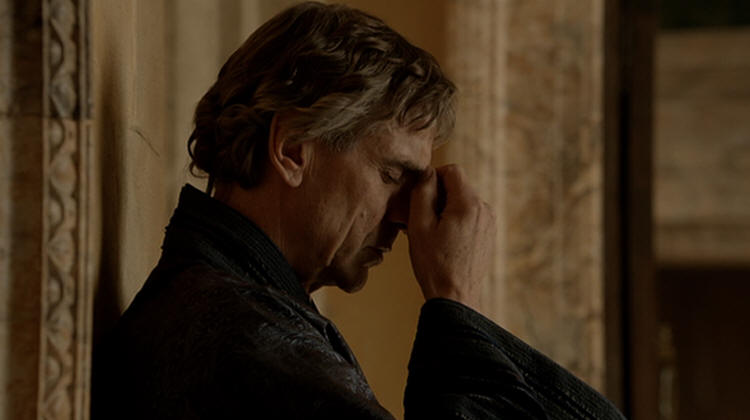
Berkoff is convincing as he moves from
rabble-rouser to leader of disenchanted followers who like his
fundamentalist approach.
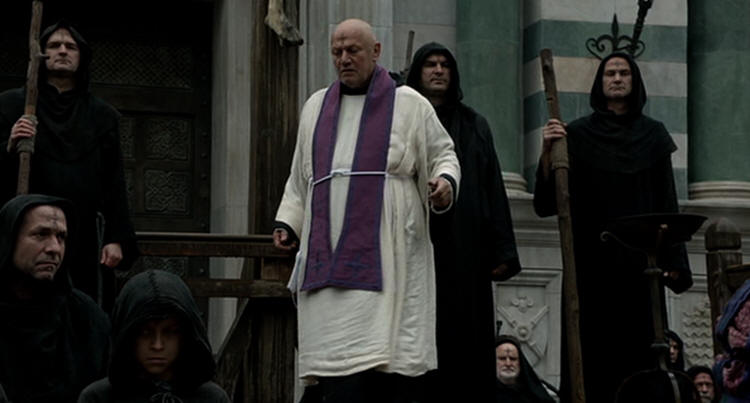
But the Pope recognises the threat he
poses, and he is arrested for heresy.
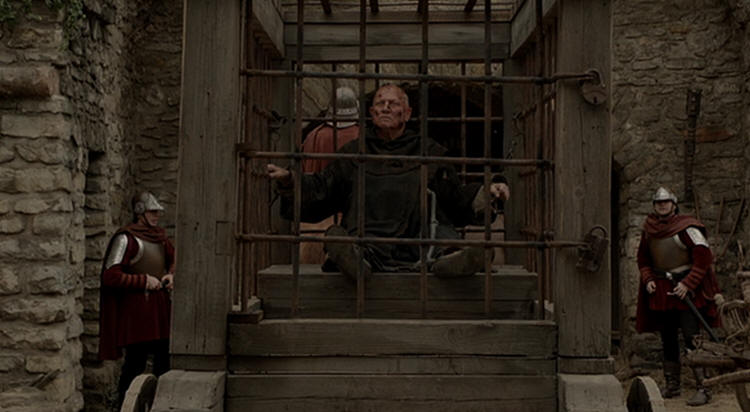
He is tortured to sign a confession, but
refuses to sign. Eventually his signature is forged and he is
burned as a heretic.
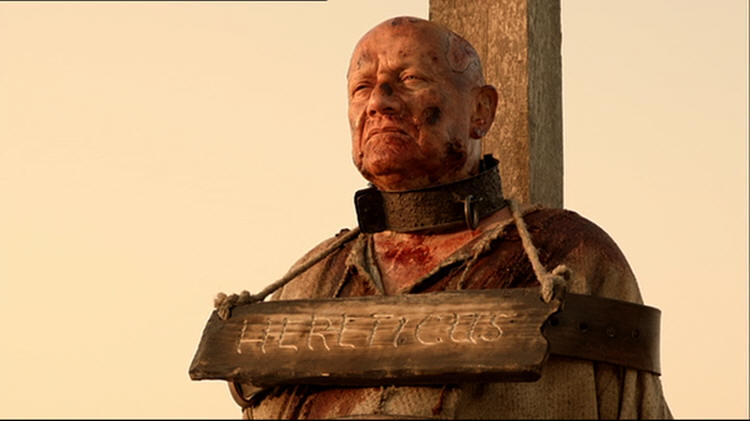
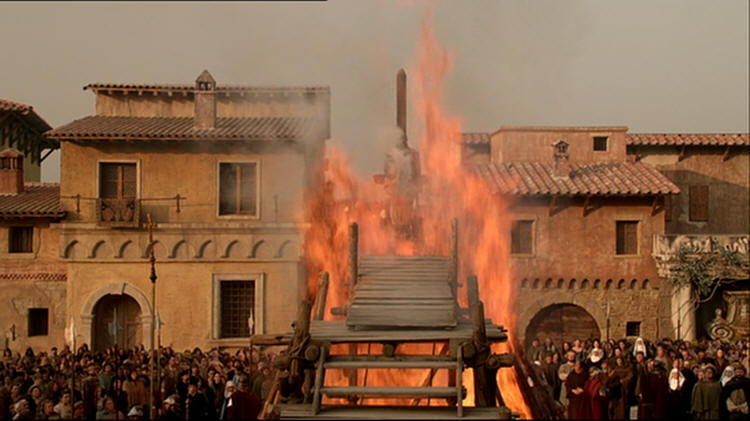
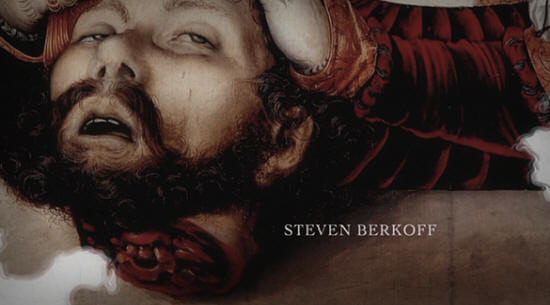
All images from the film.
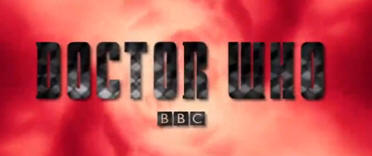
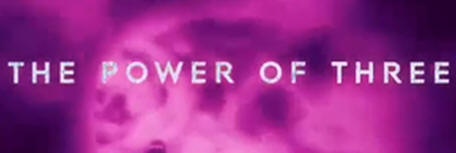
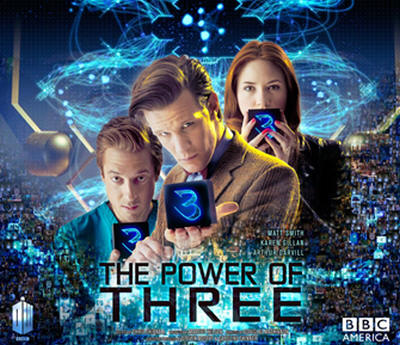
Doctor Who: Power of Three. The doctor and his two companions
investigate after mysterious small cubes land all over the
Earth and no-one knows what they are.
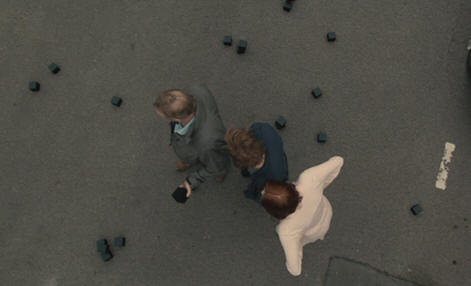
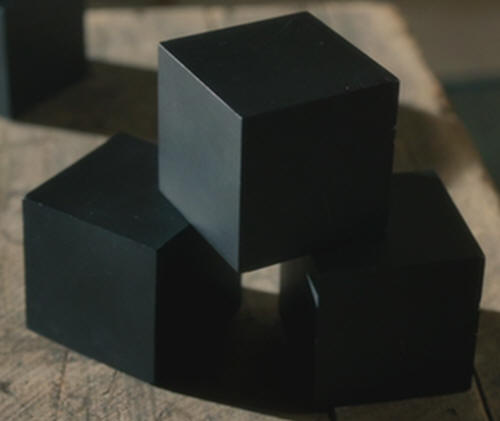
The cubes
initially seem innocuous, and the people collect them as ornaments or
paperweights. Everybody seems to have one.
Suddenly a number
appears on each and slowly counts down. What will happen when
they reach zero? And a small girl reacts to the doctor.
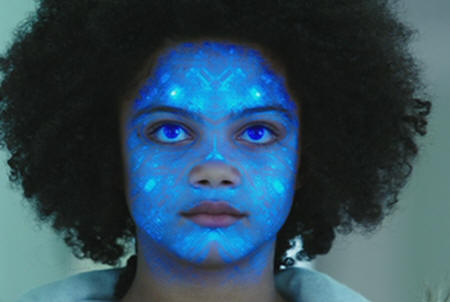
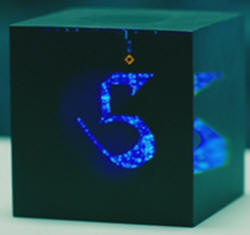
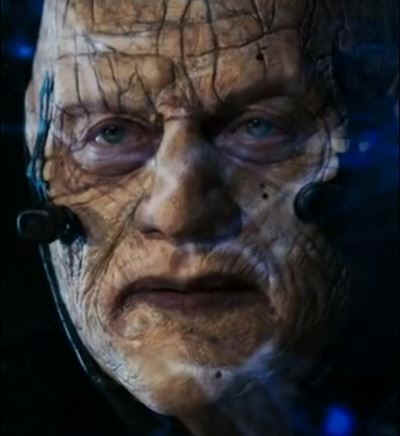
Steven Berkoff plays
Shakri, the controller of the attack on Earth- well actually he is a
hologram. He wears heavy make-up, but does have a very small number of
lines- his role was cut a lot.
"In an interview with SFX magazine's J.R. Southall, ... director
Douglas Mackinnon rather diplomatically stated that 'you could ask
anyone on the cast or crew and they'll agree that his [Steven
Berkoff's] participation was extraordinary.' As the years have passed,
some details have come out in various fan circles that suggest this is
code for 'he was an absolute nightmare to work with.... The day's
shooting with Berkoff was virtually unusable and Chris Chibnall had to
hastily rewrite dialogue to work with what they could salvage. The
Shakri was never originally intended to be a hologram, but Berkoff's
stock still performance necessitated such a rewrite. In an
interview a few years later, Berkoff complained about being worked to
death and spending the majority of his 15 hours in the make-up chair"
(Mark Donaldson, What Culture website, 15 Jan 2022, click
here).
The title refers to a cube
(the power of three) but also something Shakri will never
understand, the power of three friends namely the Doctor and his two
assistants.
Directed by Douglas
Mackinnon who also directed Berkoff in The Flying Scotsman and written by Chris Chibnall in 2012. The doctor is
Matt Smith and his companions are Karen Gillan and Arthur Darvill. Berkoff's previous television role was in The
Borgias and Selva Rasalingam was also in both. Behind the
screens Julia Ankerson (foley artist) and Martin Marty
McLaughlin (special effects) worked on Rancid Aluminium and The Girl
with the Dragon Tattoo respectively.

All images from the film.
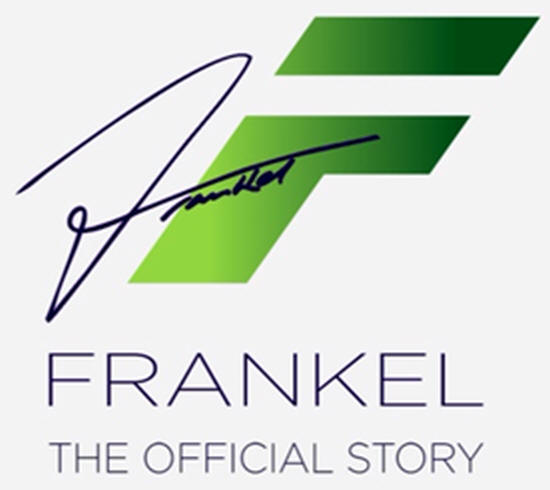
Frankel, a documentary about the champion racehorse, directed by Gary
Millard-Bourne and released in 2013.
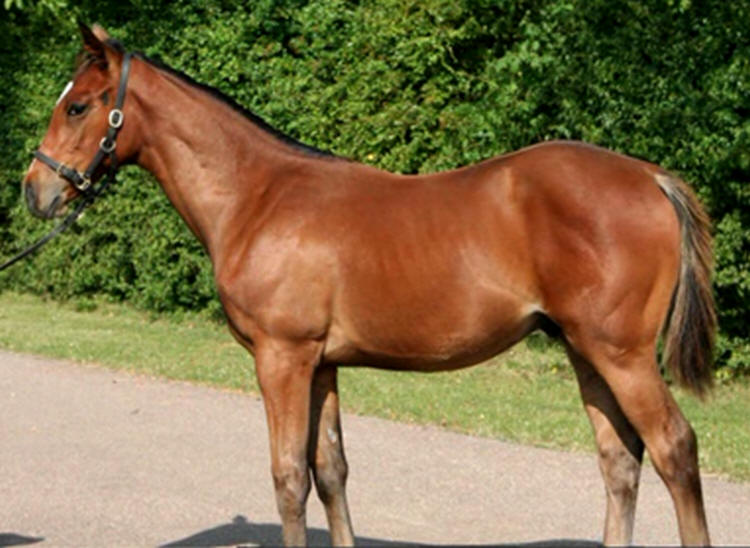
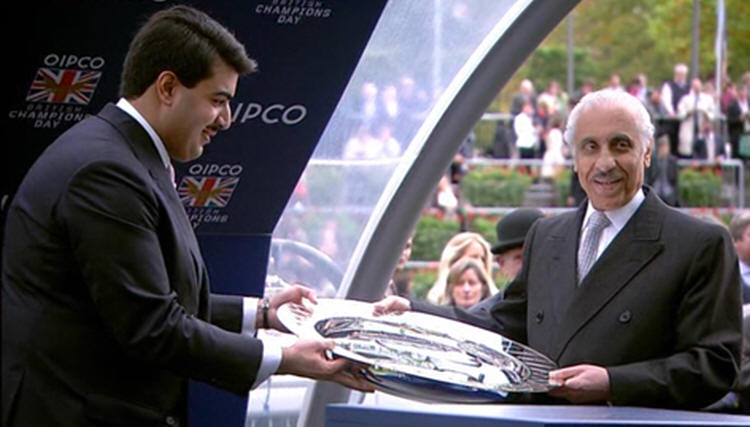
The editor was Roger Burgess.
Steven Berkoff, off-screen, provides a soft-spoken narration.
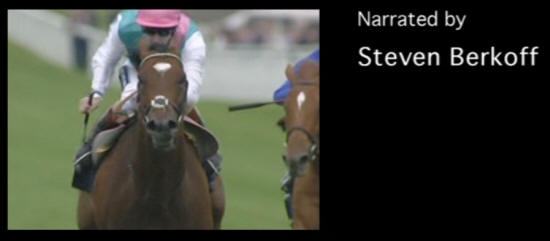
All images from the film.
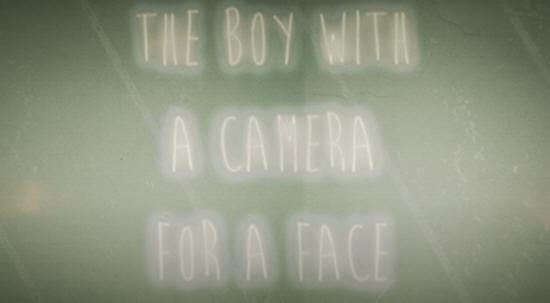
The Boy With a Camera for a Face,
a short 15 minute film from 2013 directed by Spencer Brown.
There is no dialogue but Steven Berkoff provides the
narration, in verse "Once upon a time a child was born / A child
without a face /Where normally a face was worn / Was something in its place".
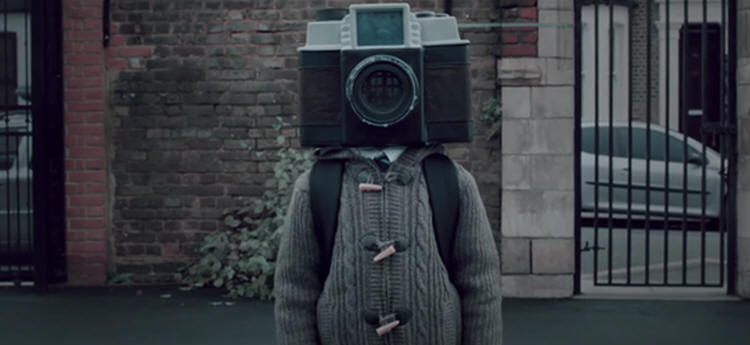
The boy was born with a camera
instead of a face.
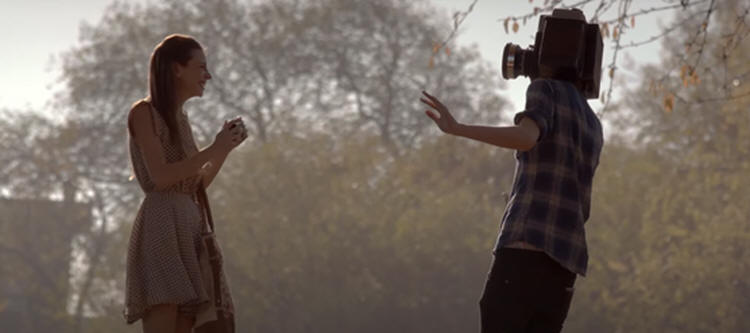
Despite everything he finds love,
but there are troubles coming up for both of them.
The film is a surreal
exercise but lacks the anarchic structure and visual imagery of other
short surreal films such as Un Chien Andalou by Luis
Buñuel or The Flat by Jan Švankmajer.
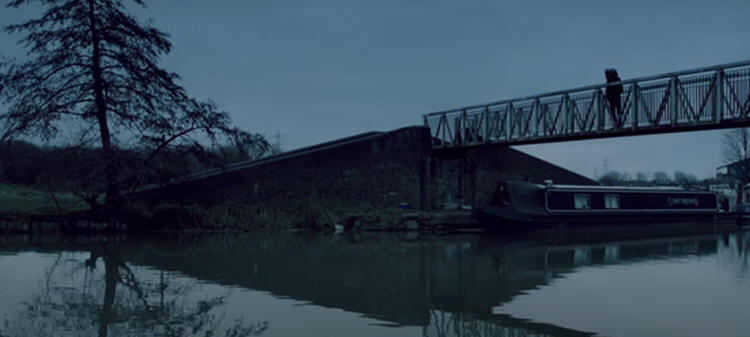
Some good photography.
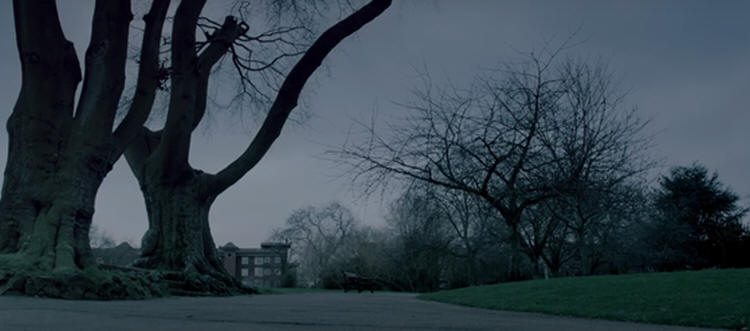
The Director of Photography is
Chris Moon and the Editor is Masa Skalec.
“… a timely parable about how
we document our entire lives as much, if not more, than we live
them... The Boy with
a Camera for a Face is a strange, timely, multi award-winning short
film… It is very much worth your time, all 14 minutes of it.
Filmmaker Spencer Brown‘s parable is about our obsessive interest in
other people’s lives, our insatiable urge to document every moment
that happens to us, and the distorting effects of doing so" (Joe
Berkowitz, Fast Company, 21 Jan 2016, click
here).
"Whimsical in tone but never preachy, it skewers society’s
obsession with taking pictures of places and people and recording
their little moments. The special effects bring this fairy tale
concept to life vividly. And paired with a witty verse narration read
by Steven Berkoff, the short film is both heartbreaking and humorous"
(Soniya Hinduja, 17 Mar 2024, Movieweb, click
here).
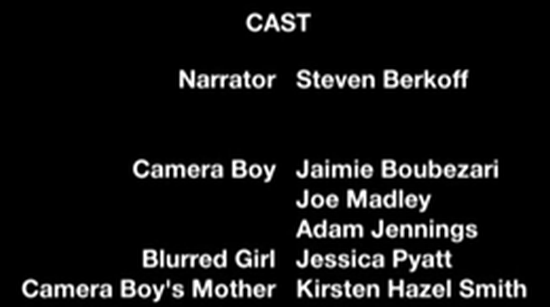
All images from the film.
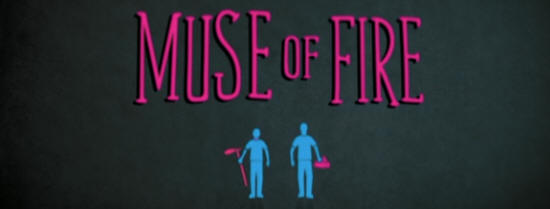
Muse of Fire from 2013. Two
actor, Dan Poole and Giles Terera, look at Shakespeare's works and
interview both the famous (Ian McKellen, Judi Dench, Ben Kingsley,
Jude Law, Ewan McGregor and many more) about acting Shakespeare as
well as people on the street about what they know about Shakespeare.
Basically a road movie around interviews.
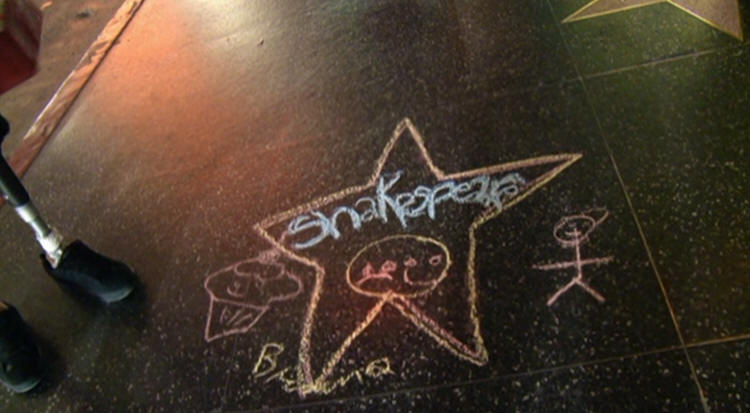
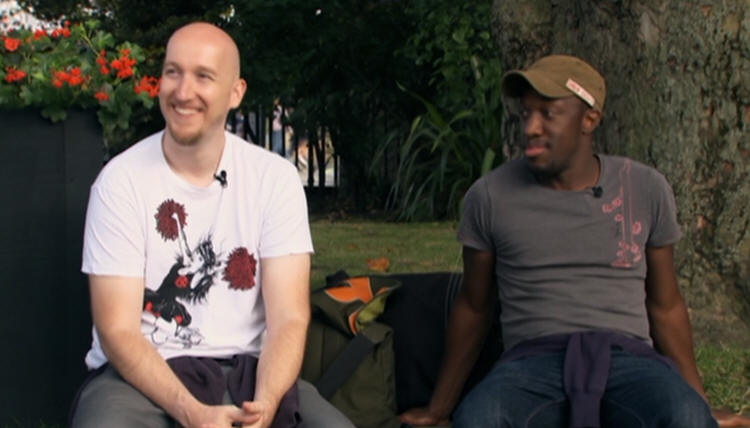
It is hard to identify the audience for the film- people
with little knowledge of Shakespeare will not sit through the 83
minutes, and those knowledgeable are not going to learn much.
There is little to challenge the mind, or to tempt people to dip into
Shakespeare.
Harold Bloom gives insights on Shakespeare writing
characters not caricatures, but he is on camera for only a couple of
minutes- twenty to thirty minutes would have been worthwhile.
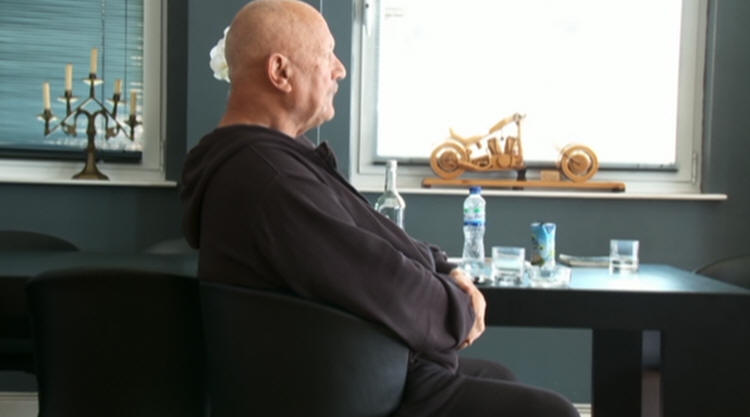
Steven Berkoff does give practical insights useful to
newcomers- "Shakespeare’s 400 year old language actually is not
that complex, but when you are in a lot of costume- togas and bits- it
is all so remote. But if you come in a suit and a coat and you
say 'What's the matter, you dissentious rogues, scratching the poor
itch of your opinion, Make yourselves scabs? What would you have
you curs that like nor peace nor war? The one affrights you, the
other makes you proud' [from Coriolanus]. What’s complex about that? Putting
Shakespeare into costume works against you. Shakespeare never
did it. He put all his actors in modern costumes. Why we
go back to Elizabethan little things? I have no idea. It
doesn’t work. It may look pretty for a few minutes but it gets
in the way. And I think as soon as someone comes on with a bit
of chutzpah- it’s modern- they suddenly go 'Oh, we can understand it.
It makes sense.'".
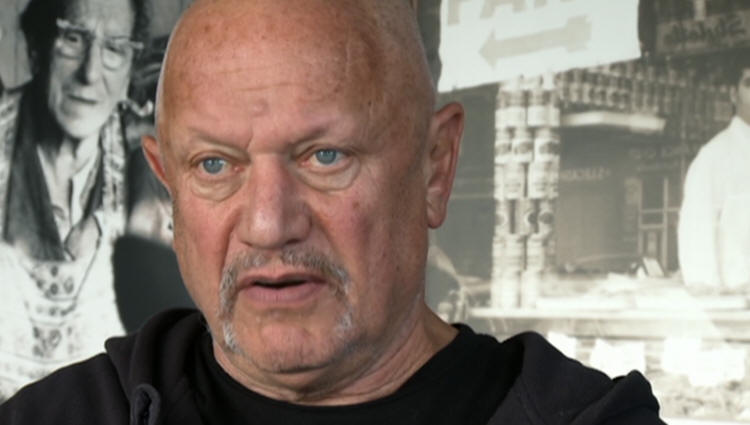
The editors were Jeremy Shaw and Ben Stark and the two presenters wrote, produced,
directed and filmed the documentary. The extras on the DVD.
which cover rehearsing parts of Shakespeare, are good and show what
the film could have bee. The extras cover parts of the Sonnets,
As You Like It, Romeo and Juliet and Hamlet.

All images from the film.
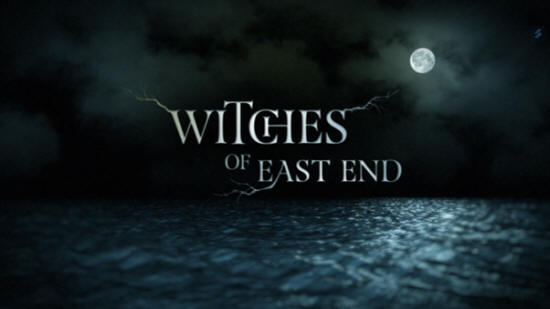
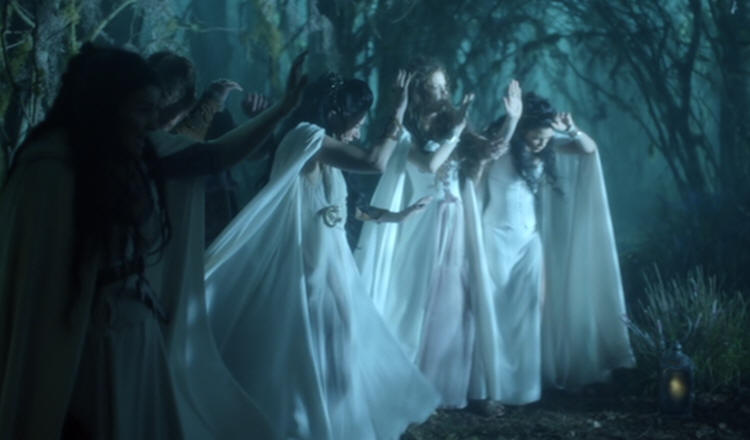
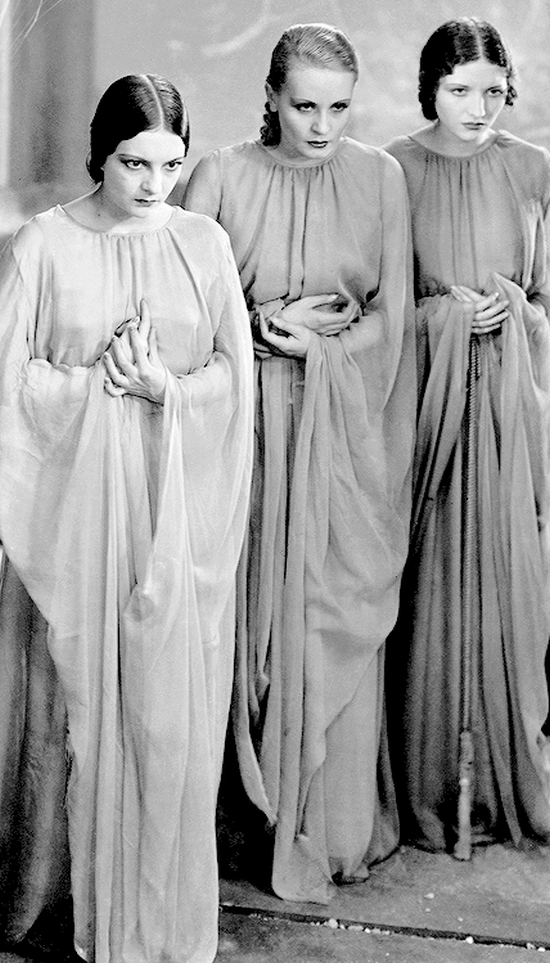
The witches in flashbacks are similar to the brides from Bela
Lugosi's Dracula (directed by Tod Browning) from 1931.
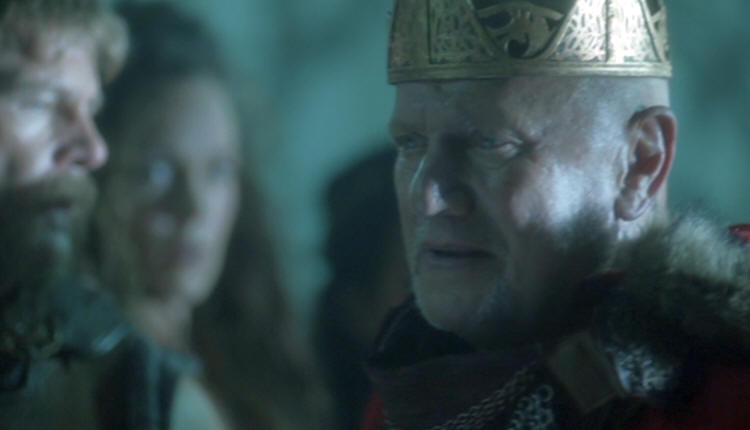
Steven Berkoff plays King Nikolaus in five episodes of the
second series of Witches of East End.
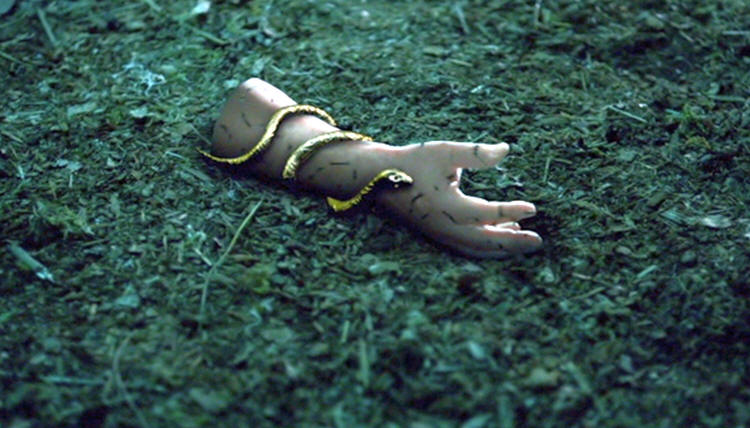
The series has three co-producers, one consulting producer, five
co-executive producers, four executive producers and
one "produced by". How many of these are actually involved
in the series?
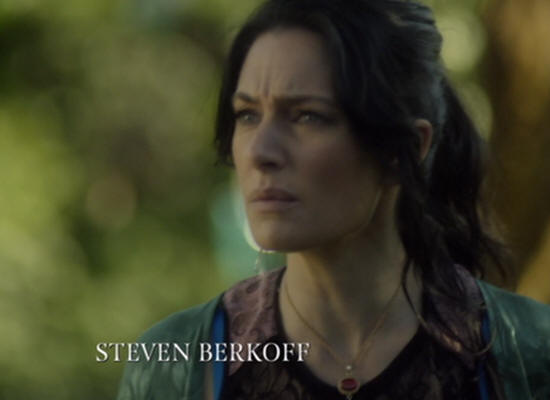
All images from the film as well as an
image from Tod Browning's
Dracula.
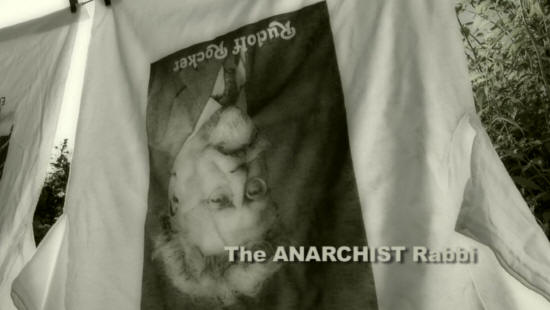
The Anarchist Rabbi
directed by Adam Kossoff in 2014.
The film centres on Rudolph Rocker, the anarchist rabbi- he was an
influential anarchist and was Jewish but was not a rabbi.
"This film is about loss, the loss of memory, the destruction and
loss of our urban heritage. It is about those empty gaps in
history which are difficult to film". The film brings
out the development of the anarchist movement in the UK and the
links with Jewish society.
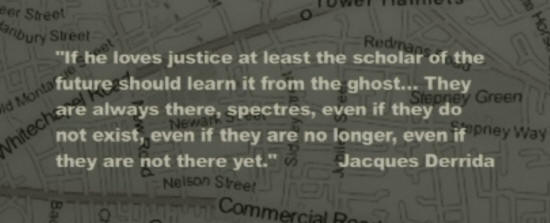
The film is a montage of photos and videos
with Steven Berkoff providing the voice-over "black is the colour
of the anarchist's flag, that is no colour at all. It is
also the opposite of the white flag, the symbol for surrender".
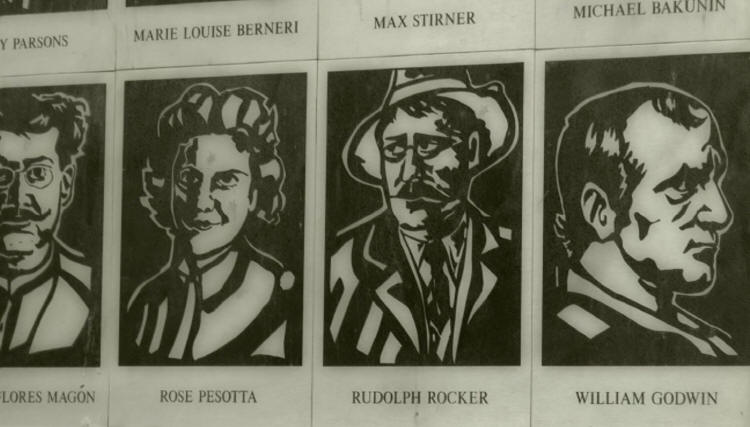
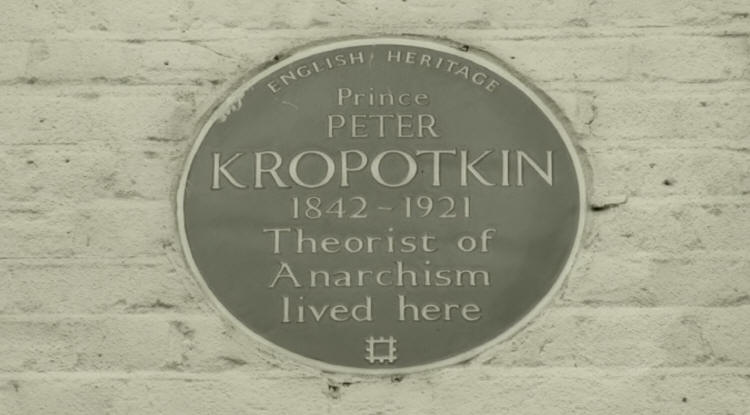
A story of Anarchist-Syndicalist Rudolf Rocker, also bringing in the works of
anarchists such as Peter Kropotkin and Errico Malatesta.
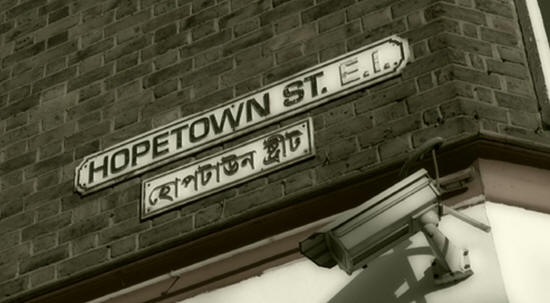
Hopetown Street in London
showing the previous Jewish history, however most of the locations have either been demolished or turned into other
mundane uses.
The director Adam Kossoff is
also credited with writing, camera, sound and editing.
The music includes:
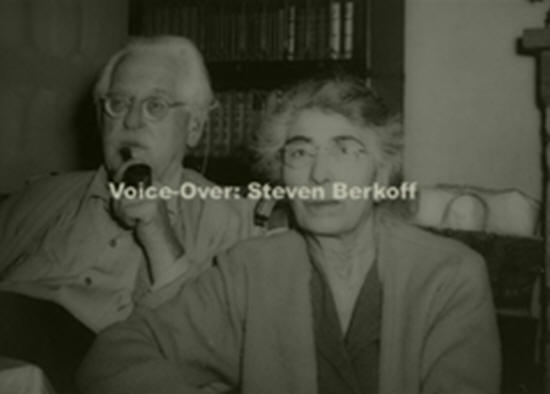
All images from the film.
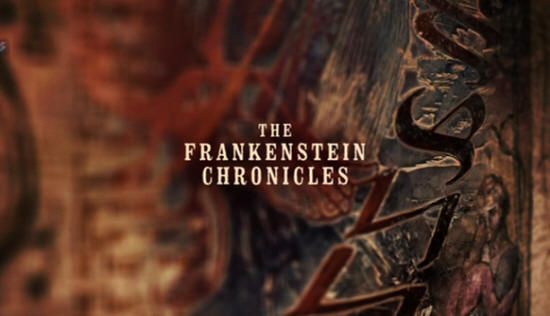
The Frankenstein Chronicles.
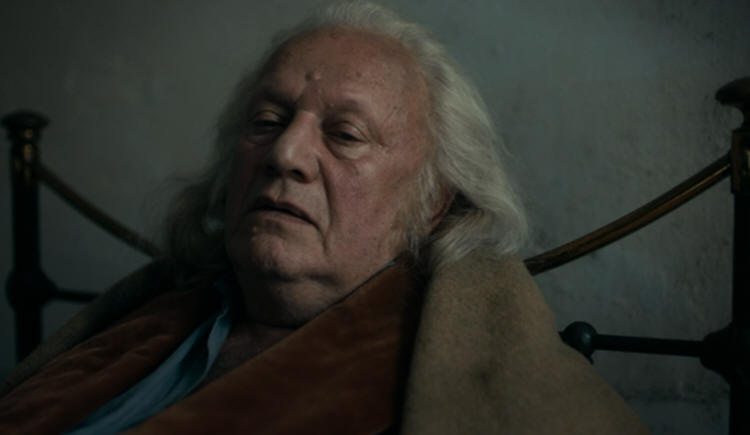
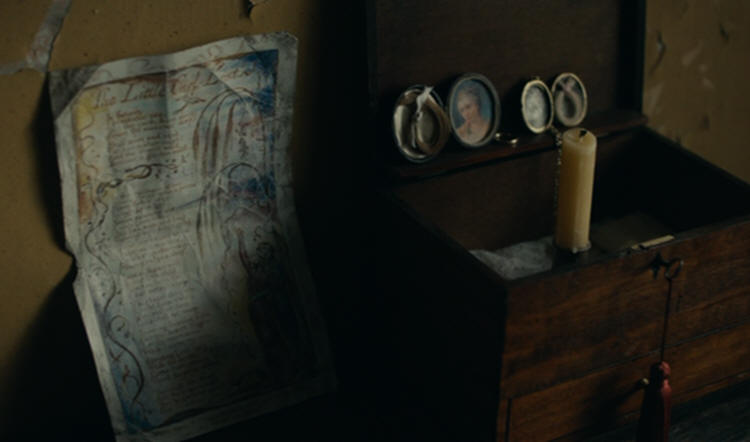
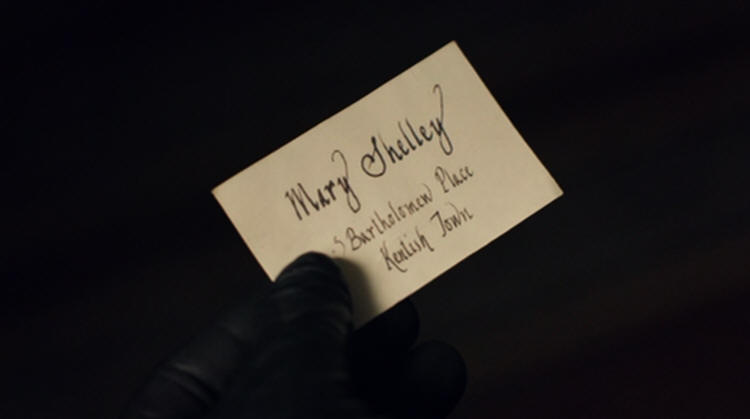
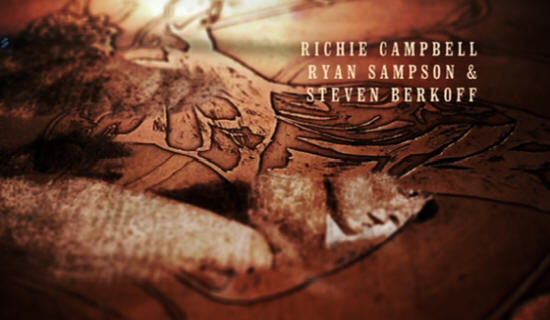
All images from the film.
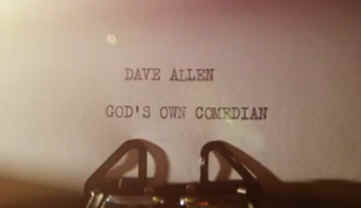
Dave Allen: God's own Comedian, a documentary about
Irish comedian Dave Allen. The director is Verity Maitlow.
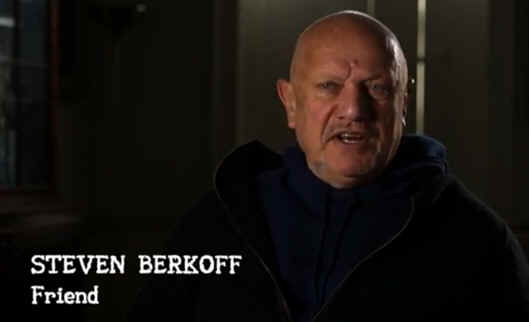
Berkoff appears a few
times, and is credited as a friend of Allen. The documentary
covers Allen's stand-up comedy, and also his documentaries and acting
roles. What do people remember of Allen as a comedian- Berkoff
answers "Sitting on a stool, telling stories". And
later Berkoff says "He just sat there, attractive, beautifully
Irish, and told the most outrageous jokes" and "There's
something about him which was eternally young. Even when he got
into his 50s, 55, 60s, he was a vital comedian".
All images from the film
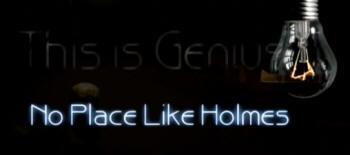
This is Genius: No Place Like Holmes.
Steven Berkoff provides this voiceover
in a BBC Four television programme described as "a comic look at Sherlock
Holmes's London". It was made in 2005 and broadcast on BBC Four on 5
Jan 2006 (description and broadcast date from Genome Radio Time). 28 minutes.
The director is Tom Kirby.
Justin Edwards
plays Colin Benchley described as a novelist, poet, psychogeographer
and wine connoisseur.
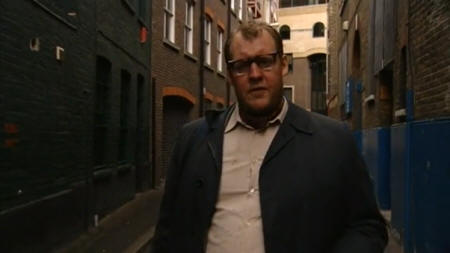
This is of course
a spoof documentary, but lacks the wit and sharpness of other spoofs
such as Brasseye (which Berkoff also appeared in).
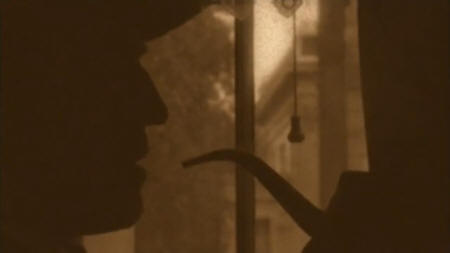
Berkoff's
voiceover frames the programme, ending with "If you would like to find
out more about Conan Doyle's London the book accompanying the
programme is available in all good remaindered bookshops alongside the Jamie Oliver's".
All images from the film.

Egress, a short 12 minute film from 2018.
A one-hander plus voice directed by Yves Callewaert
A woman (the credits say girl)
played by Rita Martins is filmed in the twilight of what seems to be a
large deserted or abandoned building. She practices loading her gun and captions-
123 Days, 124 Days, indicate she has been here for months- though
there is no large store of food and water visible.
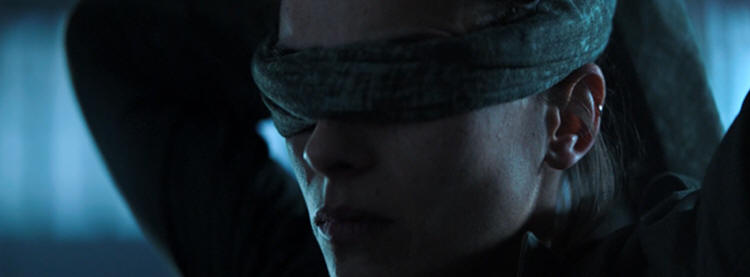
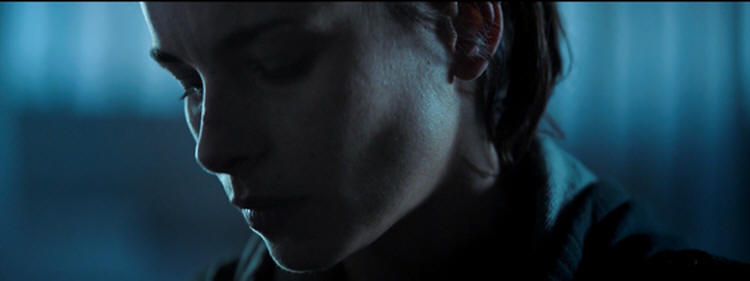
Steven Berkoff is not on screen but provides the menacing
voice outside knocking on the door and telling the woman she can't escape.
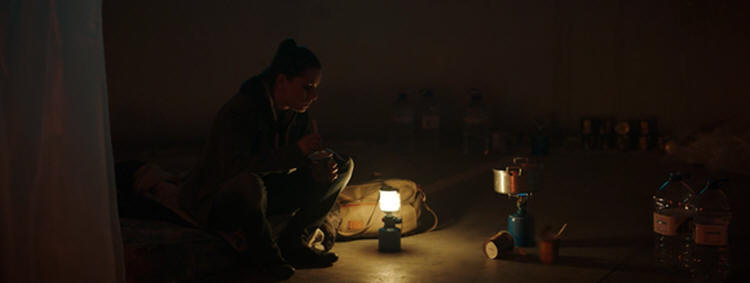
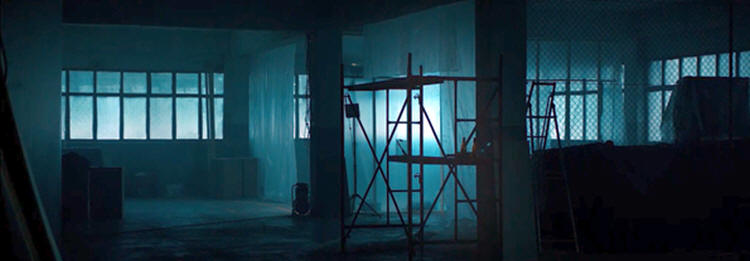
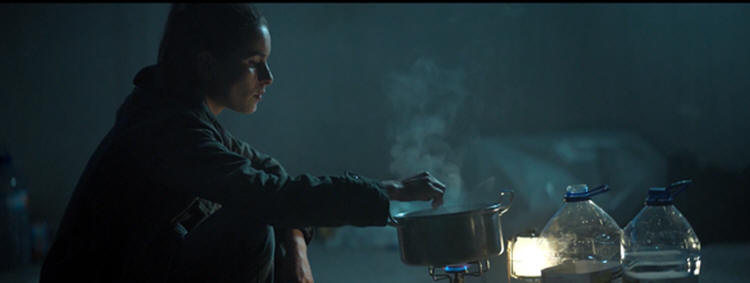
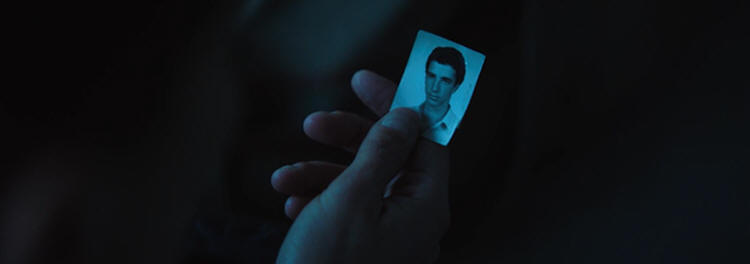
The films has tones of Harold Pinter plays with the underlying menace never
explained and never resolved. She does not speak, the only clue is a photo the
woman carries.
The Director of Photography was Luís Branquinho.

All images from the film.
|

















































































